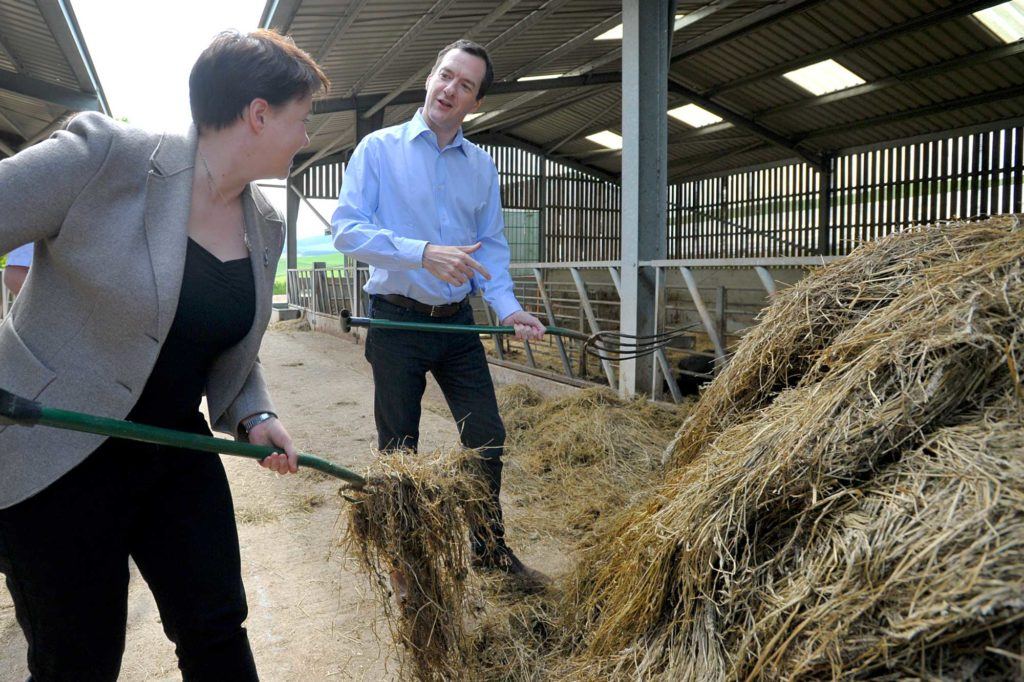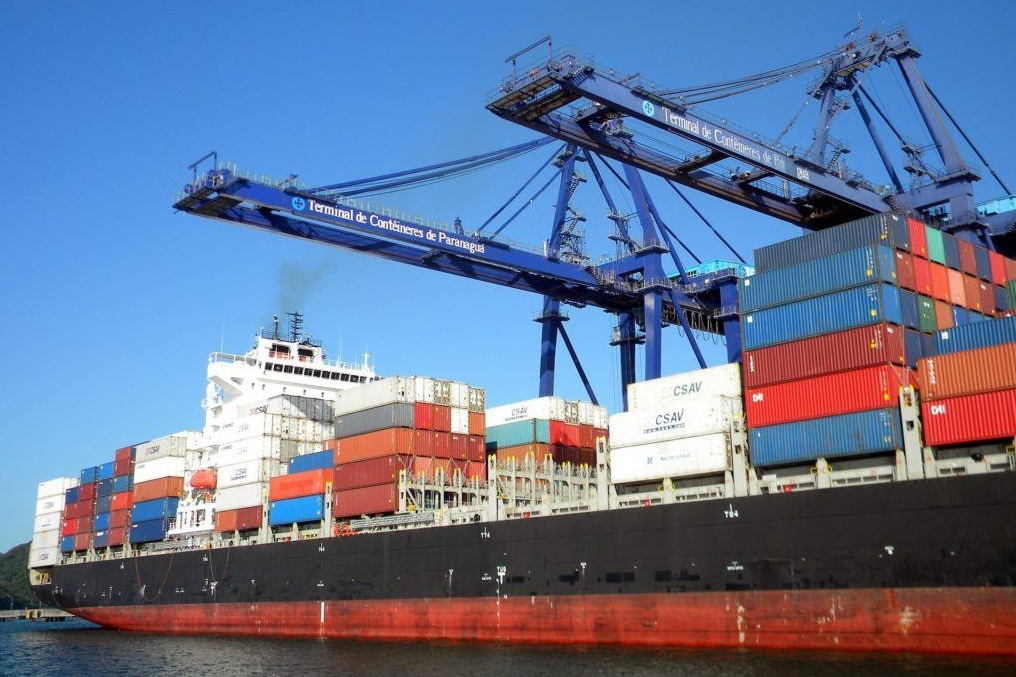The story of Charlie Gard's short life is a tragic one and heartfelt condolences must go to his parents who loved him and did what they thought was for his best.
Was Charlie's best interest served however? Looking from a distance and with an opportunity of objectivity that results - that is doubtful. The emotional cost to his parents for the battle they fought seems tragic and in my view their efforts were misplaced. There is no direct criticism of them because they were caught up in a maelstrom of love fuelled emotion and conflicting advice. Heart felt best wishes goes out to them.
However I do feel there is criticism due to the people fuelling and funding the parents campaign because clearly they were being used by ruthless, manipulative people with very fixed and uncompromising pro life views. These so called supporters did not serve Charlie or his parents well - in fact by dragging out the inevitable outcome over unnecessary months to serve their own ends they never helped Charlie and it seems left his parents in a state of misguided desperation and defeat. Quite despicable.
In the process there was a great deal of abuse levelled at the Great Ormond Street hospital team and this was nothing short of wicked. I have had some direct contact with GOSH over the years. It is shocking that anyone should question their vocational commitment and total professionalism in doing what is best for children in their care. GOSH is a world class centre of excellence. It was very sad to hear them being undermined and questioned by people who were badly informed of Charlie's specific case (Dr Michio Hirano) or without serious medical credentials which was the evident norm. GOSH deserved a lot more respect.
What has been learned from this sad case? Parental views must be considered in a case like this but rightly their views cannot be paramount. They are too close - too emotional - and that is not a criticism - and of course they are not from the field of medicine. Does the medical evidence have to be tested in court - I guess ultimately it has if the parents (fuelled, funded and manipulated by doctrinaire supporters) are absolutely determined to ignore the conclusions of vocational caring medical professionals.
I am reminded of a divorce case over division of matrimonial assets. The husbands solicitor told him even if you offer your wife the entire estate the other side will still argue you are serving your own interest first. This was the state of the breakdown with GOSH and the parents and their supporters. If GOSH said white the parents said black by default. If mutual respect is lost on one side - if minds are closed - it becomes a bloody minded battle - the court route becomes unavoidable. Too often the world is a sad place - with too many people with "certainties" - so emphatic their ideas are right - despite and regardless of all the weight of scrupulous scientific evidence. Thankfully British courts offer fair and objective balance and ultimately they enforced the compassionate and professional conclusions of the GOSH medical team.
Was Charlie's best interest served however? Looking from a distance and with an opportunity of objectivity that results - that is doubtful. The emotional cost to his parents for the battle they fought seems tragic and in my view their efforts were misplaced. There is no direct criticism of them because they were caught up in a maelstrom of love fuelled emotion and conflicting advice. Heart felt best wishes goes out to them.
However I do feel there is criticism due to the people fuelling and funding the parents campaign because clearly they were being used by ruthless, manipulative people with very fixed and uncompromising pro life views. These so called supporters did not serve Charlie or his parents well - in fact by dragging out the inevitable outcome over unnecessary months to serve their own ends they never helped Charlie and it seems left his parents in a state of misguided desperation and defeat. Quite despicable.
In the process there was a great deal of abuse levelled at the Great Ormond Street hospital team and this was nothing short of wicked. I have had some direct contact with GOSH over the years. It is shocking that anyone should question their vocational commitment and total professionalism in doing what is best for children in their care. GOSH is a world class centre of excellence. It was very sad to hear them being undermined and questioned by people who were badly informed of Charlie's specific case (Dr Michio Hirano) or without serious medical credentials which was the evident norm. GOSH deserved a lot more respect.
What has been learned from this sad case? Parental views must be considered in a case like this but rightly their views cannot be paramount. They are too close - too emotional - and that is not a criticism - and of course they are not from the field of medicine. Does the medical evidence have to be tested in court - I guess ultimately it has if the parents (fuelled, funded and manipulated by doctrinaire supporters) are absolutely determined to ignore the conclusions of vocational caring medical professionals.
I am reminded of a divorce case over division of matrimonial assets. The husbands solicitor told him even if you offer your wife the entire estate the other side will still argue you are serving your own interest first. This was the state of the breakdown with GOSH and the parents and their supporters. If GOSH said white the parents said black by default. If mutual respect is lost on one side - if minds are closed - it becomes a bloody minded battle - the court route becomes unavoidable. Too often the world is a sad place - with too many people with "certainties" - so emphatic their ideas are right - despite and regardless of all the weight of scrupulous scientific evidence. Thankfully British courts offer fair and objective balance and ultimately they enforced the compassionate and professional conclusions of the GOSH medical team.






